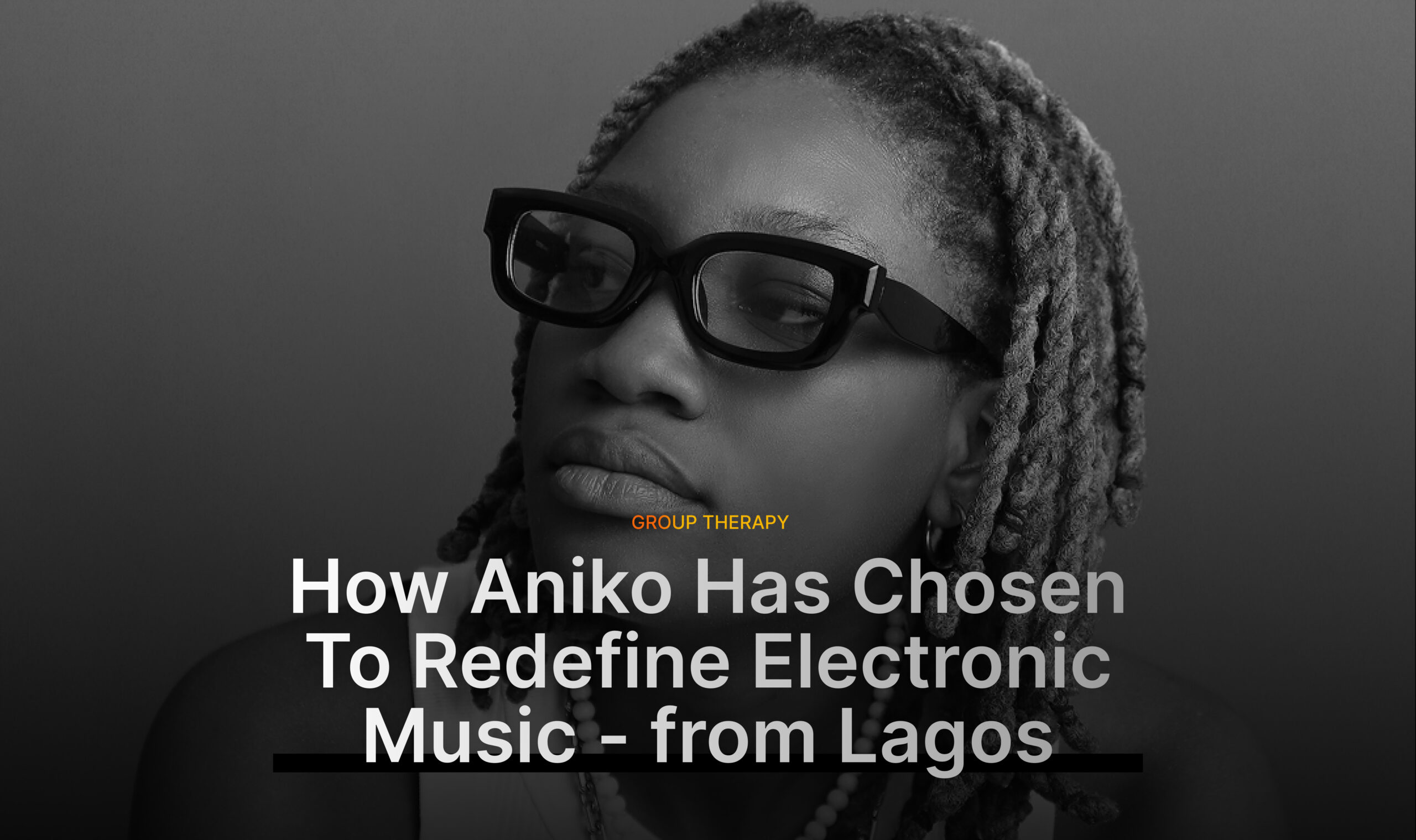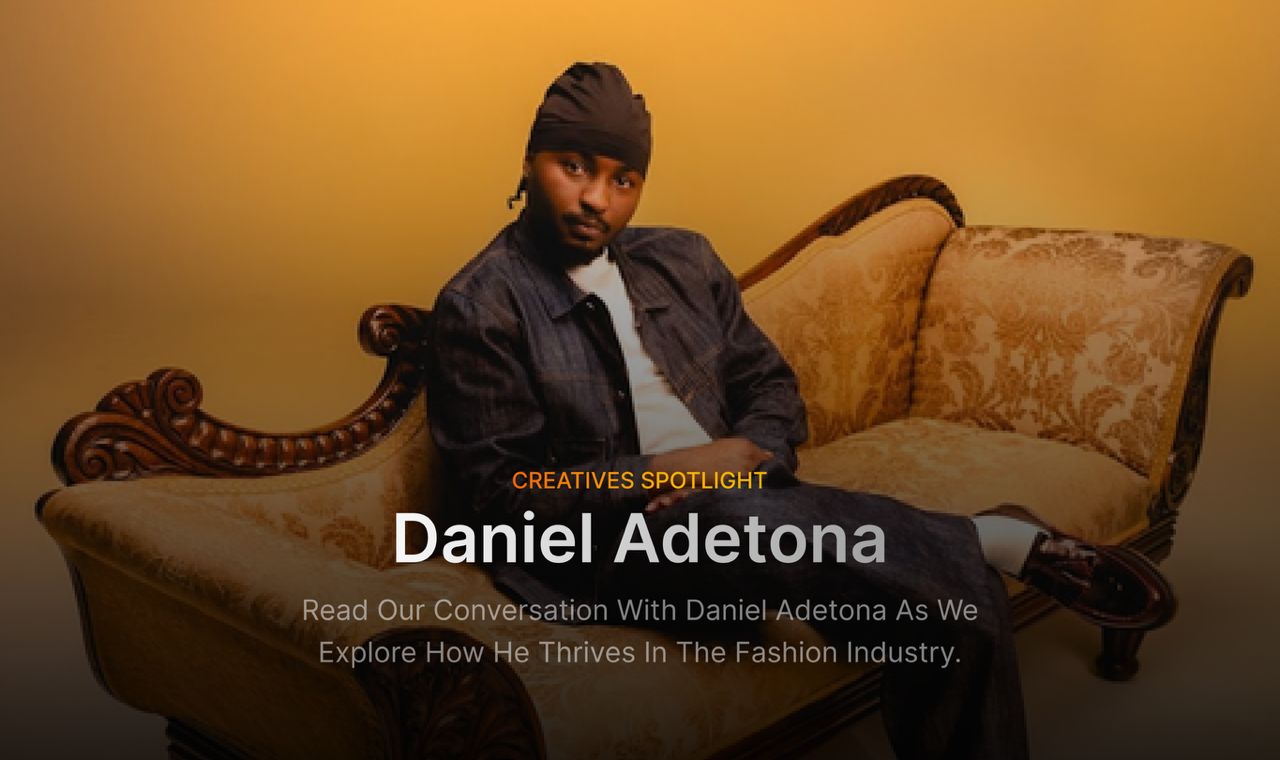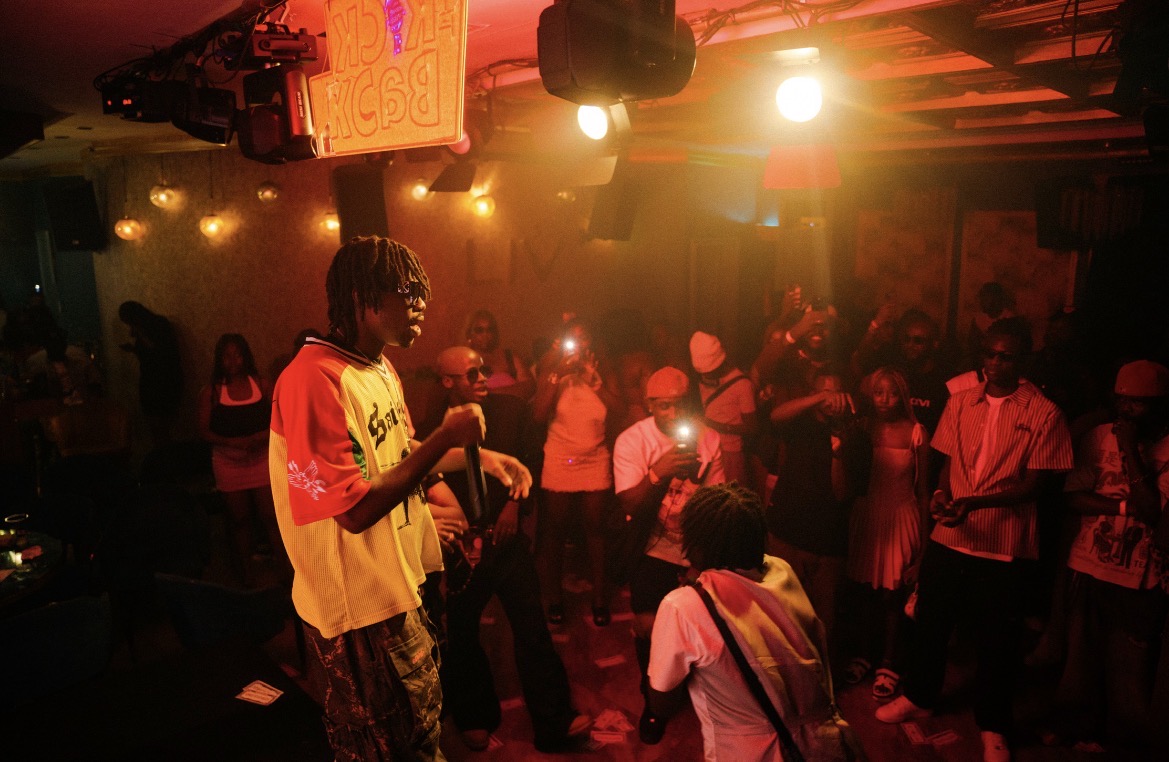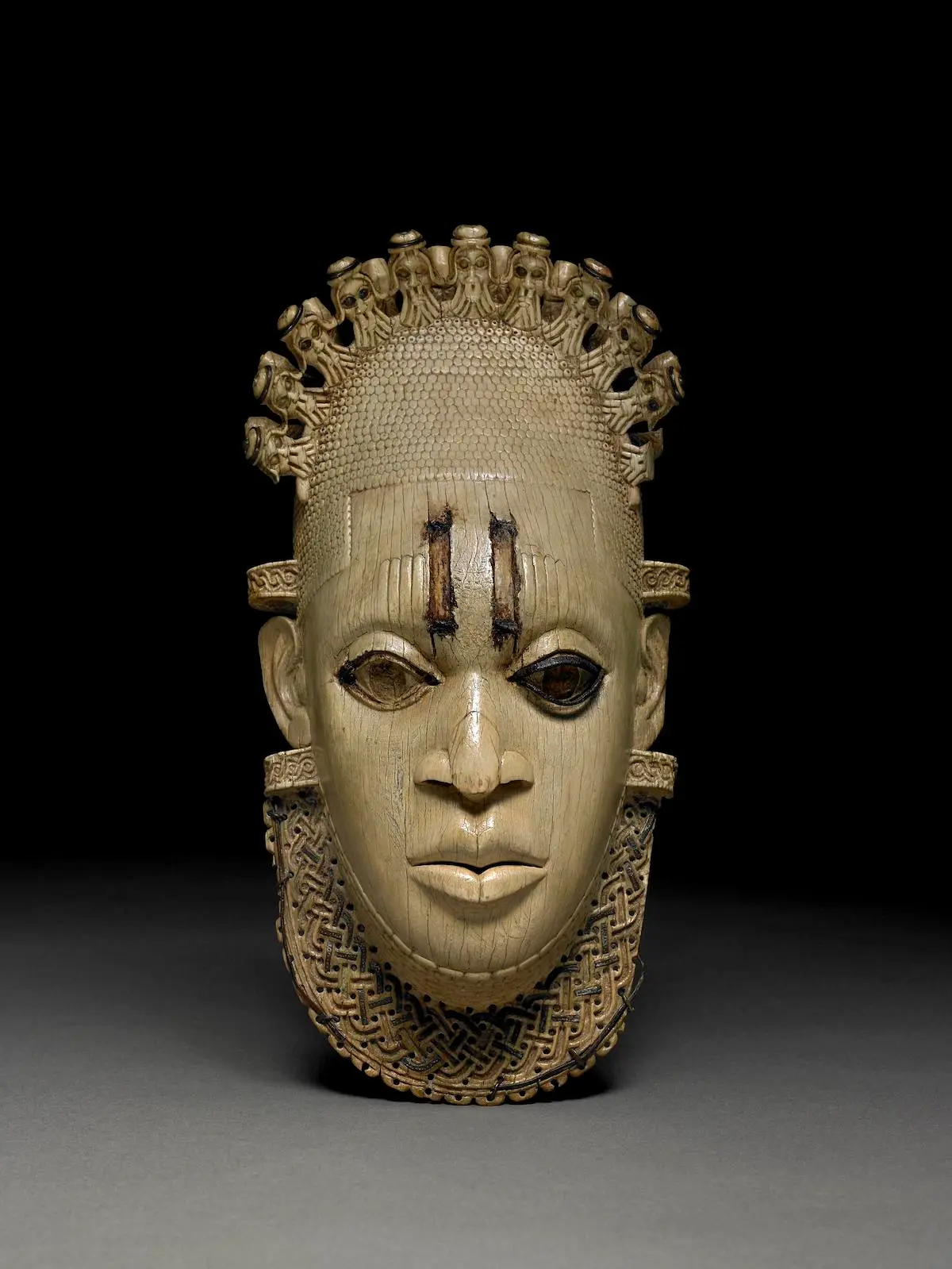by Temple Egemasi
In the Afrobeats capital of Africa – and the world, a different kind of sound has been steadily gaining ground. It is the pulsating beats of electronic music; the hypnotic rhythms of House, and the unapologetic energy of alternative genres like Drum ‘n’ Bass, Afro-House, 3-Step, and Gqom. At the fore of this movement is Group Therapy, a bi-monthly rave that has become a cultural phenomenon in Lagos. Since the first edition in August 2023, Group Therapy has become more than just a party—it’s a platform for sonic experimentation and expression, a safe space for everyone, including the queer community, and a testament to the power of music to bring people together.
Group Therapy VII approaches on February 28, 2025, with Afro-house legend Laolu set to headline. Being a slightly superstitious person, Temple thinks the seventh time is the charm – to sit with Aniko and take a deep dive into the evolution of this liberating event, its impact on music and Lagos’ nightlife, and its role in reshaping the narrative around alternative music in Africa.
“I thought it was compulsory to learn the keyboard, I did not know I had a choice.”
Aniko is the lead minister at Group Therapy, and like many prodigies, her journey into music began at home. Aniko – born Aderinsola Ogala – grew up surrounded by a family of prodigies. Her brothers, Damayo and Michael OG, are both renowned musicians, and she emphasized that while growing up, music was a constant presence in her life. “I thought it was compulsory to learn the keyboard,” she recalls with a laugh. “I didn’t know it was a choice.” While her brothers pursued their musical careers and other side quests, Aniko found her calling in the DJ booth, where she could curate sounds and create experiences.
Aniko’s love for Electronic Music was sparked during a front-end developer internship. During this time, she discovered her passion for electronic music. But as her passion grew, so did her frustration with the limitations of the Lagos music scene. Tired of navigating the industry’s politics, Aniko reckoned it was time to create something for herself. Interestingly, the idea for Group Therapy was born out of Aniko’s conversation with a friend who wanted to throw a rave called “Seven Days to Hell”.
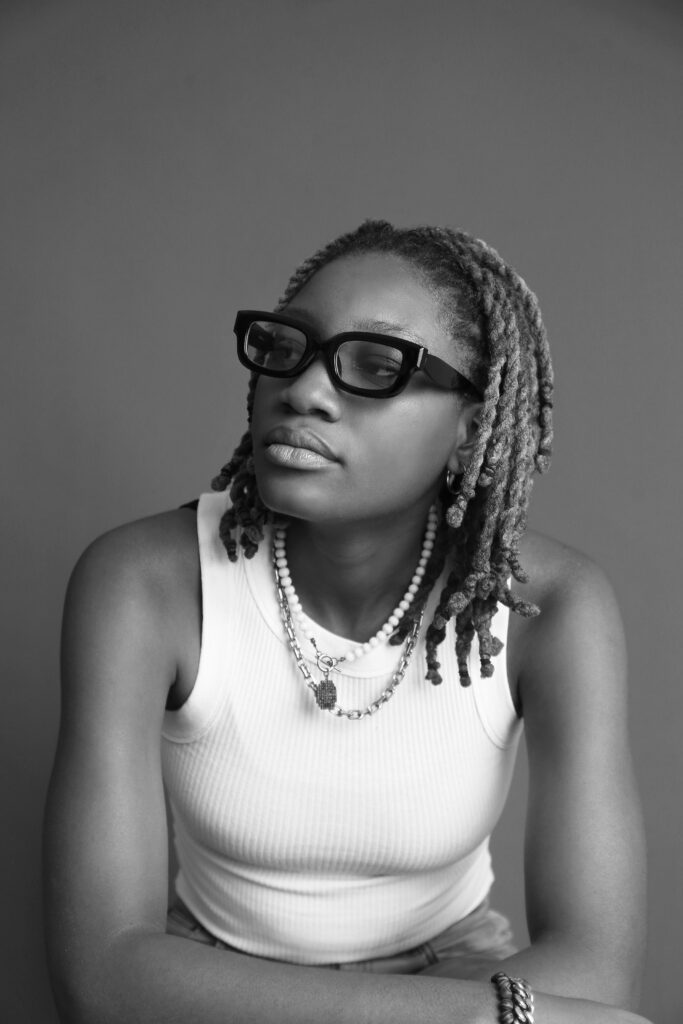
Seven Days To Hell was meant to happen seven days before the 2023 presidential elections that ushered in the current regime. Though that event never materialized, the concept stuck. The concept stuck because before the pre-election rave, Aniko’s frustration with the existing electronic music scene was already beginning to fester and this new idea was not only exciting, it also had a name – a name that was sure to pique the interest of anyone who heard it.
Even though Seven Days To Hell never happened, the name turned out to be an accurate premonition of the future as the nation had to grind its way through its most polarizing elections ever. While working on this idea through the course of that year, Aniko was on the phone with someone who mentioned – albeit in passing – the concept of group therapy and its positive effects and the seemingly inane “group therapy” phrase stuck. The idea of people congregating to get succour, or at the very least, respite, was exactly the feeling she wanted her music to evoke – and “Group Therapy” was the only name that truly captured it.
“She is a Group Therapy baby!”
From its inception, Group Therapy was designed to be a platform for Electronic Music and alternative music in a city where Afrobeats reigns supreme. Aniko always “wanted to create a space where people could experience something different…a place where DJs could play the music they love without worrying about whether it would fit into the mainstream.”
Right from the first edition of Group Therapy, held in August 2023, it was clear that Aniko had tapped into something special. The event quickly gained a reputation for its eclectic lineup, immersive atmosphere, and commitment to showcasing emerging talent. Group Therapy has over time become one of the important rites of passage for DJs known to experiment, innovate, and connect with audiences who crave something different.
This vision was rooted in Aniko’s own experiences as a DJ, when she just started playing house music, it was hard to find venues that would let her play because most places just wanted Afrobeats or hip-hop. But she knew there were people out there who wanted something different. She just had to find them.
One of the most notable success stories to come out of Group Therapy is Blessing Ewona, professionally known as Weareallchemicals. Weareallchemicalls is a DJ who made her debut at Group Therapy. “I didn’t even know she could DJ professionally when I asked her to play,” Aniko admits. “But she killed it. Now, people can’t get enough of her! She is a Group Therapy baby!” Blessing’s journey is a testament to the power of Group Therapy’s intentional drive to elevate talent and create opportunities.
Aniko’s music policy is simple yet profound: diversity and authenticity. She avoids monotony, curating lineups that feature a wide range of genres within the electronic music spectrum—from house and techno to drum and bass and experimental sounds. Aniko’s DJ selection process is both intuitive and strategic. She admits to maintaining a mental list of DJs with skillsets she admires, often reaching out to those whose sounds align with Group Therapy’s ethos. Her goal is to create a lineup that complements each other while offering variety. “I always have a headliner and a closer,” she says.
“But I make sure the other DJs bring something different to the table.” A notable example of this is Marina Road, a drum and bass DJ whom Aniko handpicked for a set. Despite having a swarm of set requests from friends and colleagues, she admitted to hitting up Marina Rd Sound who, up to that point, had not requested to be on the lineup. “I called him up and said, ‘I need you to play. Just do the shit you like,’” she recalls. The result was an electrifying performance that left the crowd in awe. Aniko’s willingness to take risks and trust her instincts has led to some of Group Therapy’s most memorable moments.
“If my friends can’t come, what’s the point?”
The seventh edition, set to take place at Jewel Aeida, is already generating buzz. Early bird tickets for this event sold out in less than 15 minutes, a testament to the event’s growing popularity. Aniko describes it like this; “I just hit the button to make the tickets go live, I did the dishes and came back and the tickets were gone.” But with growth comes challenges.
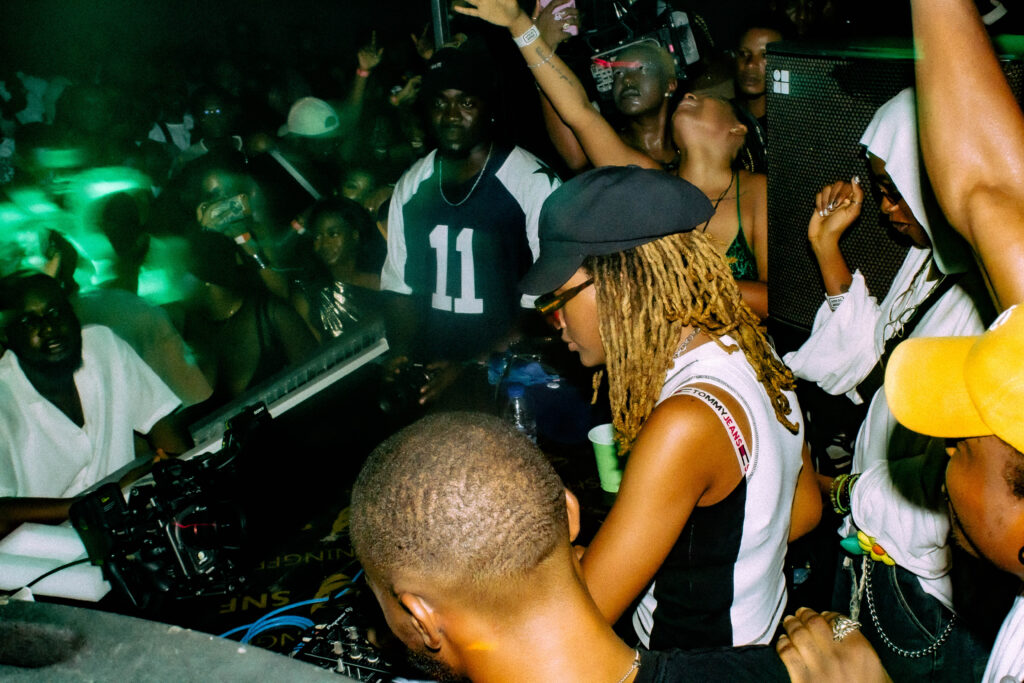
Finding venues that align with Group Therapy’s values has been a constant struggle. Some choice locations have flat-out said, “We don’t want your kind here” to Aniko and her team. Despite these obstacles, she remains committed to maintaining the event’s integrity because as she reiterates, “We aren’t just throwing a party, we are building our community.”
One of the most significant aspects of Group Therapy is its recurrent role as a safe space for the queer community in Lagos. In a city where individuals from marginalized communities often face significant challenges, Group Therapy offers a rare opportunity for people to come as they are, free from judgment or discrimination, and have as much fun as possible. “If my friends can’t come to this thing, what’s the point?” Aniko says.
One does not need a lot of investigation to find that the protection of marginalized groups is an important tenet of Group Therapy, and being a safe space for expression and warmth is always the climate at every edition. As a ripple effect of having a warm atmosphere, Group Therapy has done a profound job of introducing a new generation of partygoers to the world of Electronic Music in a not-so-formal way. The music feels closer to you – and one hour in, you lowkey feel like you can whip up a decent set after one Micro DJ Controller purchase and 2 hours of YouTube tutorials.
A Window To The Bigger Picture.
Aniko and Temple agree that before electronic music started experiencing this level of buy-in and acceptance in Nigeria, the limits to pursuing a career as an electronic music DJ in Lagos were quite glaring. They also both agree – consequently – that there has always been a question of “what next?” for electronic music DJs in the country after attaining a certain level of acclaim within the locale.
Group Therapy as a platform has provided answers to that question to many creatives by being the “window to the bigger picture” as Aniko puts it.
Her management at Group Therapy has achieved this particular feat by employing a three-pronged approach that includes flying in – for Group Therapy sets – electronic music DJs who are buzzing in their own communities outside the country, and then going on to include DJs from the Lagos scene on headliner sets outside the country (Aniko at SSS Johannesburg; Codename KND, Yosa and WeAreAllChemicals, Accra in June 2024; Weareallchemicals at Mechanical Advantage, Rwanda in September 2024; Yosa at Underground Kampala in Uganda in December 2024), and partnering with larger, more established platforms to bring ideas to life (Homecoming in March 2024, Boiler Room in April 2024, and Keep Hush in December 2024).
Aniko’s vision for Group Therapy extends far beyond Lagos. With the event currently established as a bi-monthly must-go in Lagos, Aniko is working on expanding the event to other cities, including Johannesburg, Nairobi, and London. “I want Group Therapy to be the African equivalent of Tomorrowland,” she says. Group Therapy – if everything goes according to plan – is poised to be the platform that takes away the current ceiling that hangs heavy over the trajectory of the careers of the custodians of electronic music in Nigeria, and subsequently, Africa.
ahead ahead
Looking ahead, she dreams of a future where Group Therapy is a global brand synonymous with African electronic music. For now, though, Aniko is taking it one edition at a time, and understandably so. Apart from the aforementioned problem with venues being refused just on flimsy discriminatory bases, Group Therapy is a cost-intensive activity. Every Group Therapy edition leaves her with lighter pockets but it’s a labour of love she has chosen.
As Group Therapy continues to grow, Aniko remains focused on her mission: to create a space where music, community, and inclusivity intersect. “It’s not just about the party,” she says. “It’s about the people.” Group Therapy is more than just a party—it’s a testament to the power of music to bring people together, to create safe spaces, and to challenge the status quo. As Aniko continues to push boundaries and break barriers, one thing is certain: Group Therapy is just getting started.

